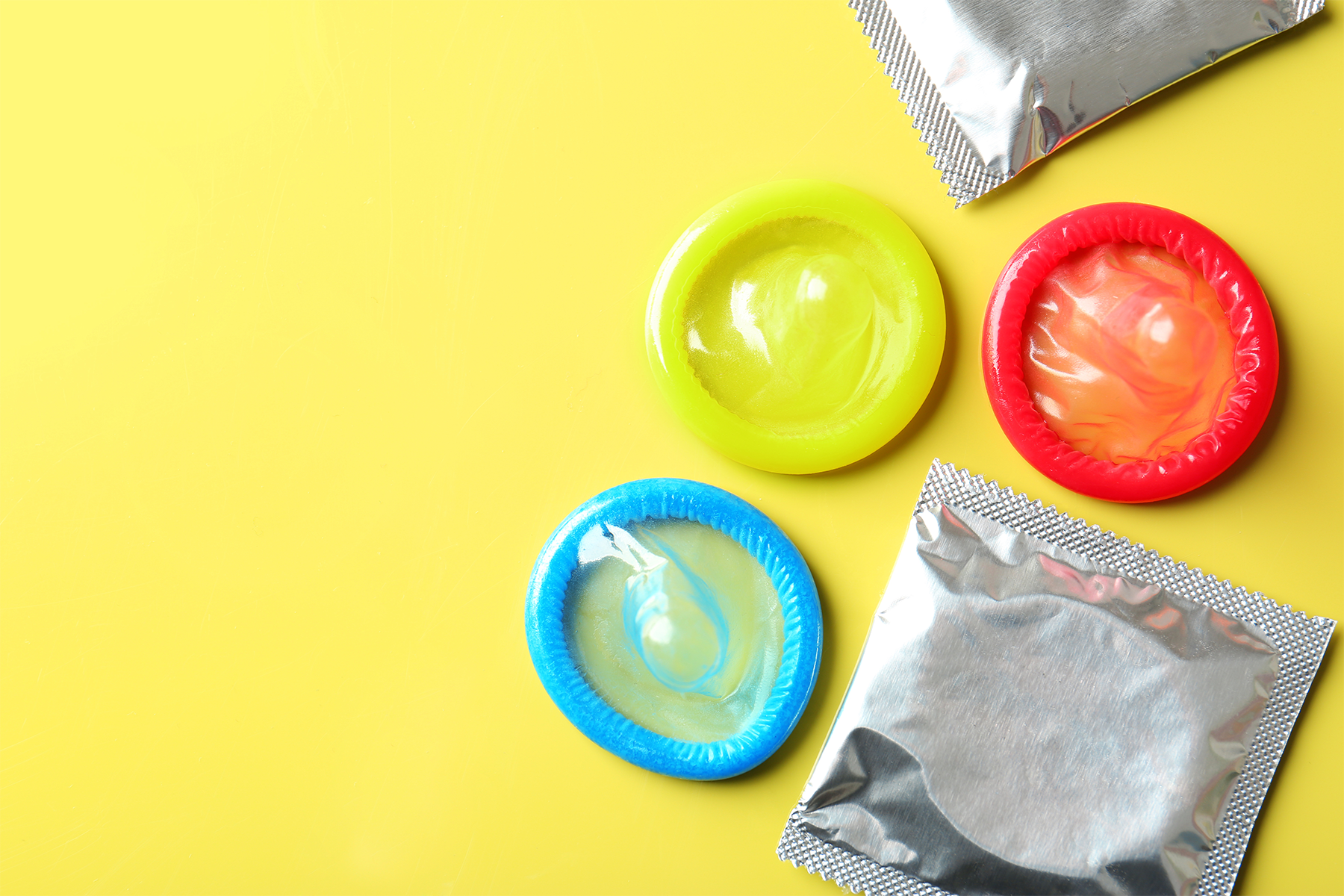In the first in our new spotlight series, we’re highlighting herpes.
Sexually transmitted infections (STIs) are an infection that can be passed on between sexual partners during unprotected sexual contact. There are more than 25 STIs which can be spread by vaginal, anal or oral sex.
They are unfortunately common amongst all age groups, which is why it’s important to spotlight individual STIs, what they are, the symptoms you may experience and how they are treated.
It’s important to break the stigma around STIs and show that they aren’t something to be embarrassed about and, in most cases, can be very simple and quick to treat.
So, let’s take a look at herpes and what you need to know.
What is herpes?
Herpes (also known as genital herpes) is a virus which can be easily passed on even when no symptoms or visible signs of infection are present.
It can be passed on through:
- Skin-to-skin contact with the infected area – the penis, vagina, mouth or anus
- Sharing sex toys with someone who has the virus and not cleaned the toys in between uses
It is possible to contract the virus in childhood, as it’s easily passed through saliva or close skin contact and you may be unaware you have it until later in life.
However, it’s important to note you can’t get herpes through sharing baths, towels, swimming pools, toilet seats or cutlery.
There is a lot of stigma surrounding herpes, but it’s important to know that having herpes is extremely common, with almost 70% of the population carrying the virus.
What are the symptoms?
People may experience symptoms within 4-5 days of contact with the virus, while others may have it for weeks, months, or even years before any symptoms start to show.
As mentioned, not everyone who has the virus will experience symptoms.
If you do experience symptoms, they can vary in severity, including:
- Small blisters which burst leaving red or open sores around your genitals, anus, thighs or bottom
- Flu-like symptoms such as fever, tiredness, headaches, swollen glands and aches and pains in the lower back, legs or groin
- Stinging, tingling or itching in the genital or anal area
- Pain when peeing
The first outbreak of sores is most commonly the worst. When they do recur, they’re usually milder and clear up faster than before.
What tests can you take?
To test for herpes, you must have visible blisters or sores so that a swab of the area can be taken.
You can visit a sexual health clinic or alternatively your GP. A clinician will take a swab sample of your infected area and, following a diagnosis, will advise you on how to manage the outbreaks.
If you go through a sexual health clinic you will get a free test and following treatment.
To find your nearest sexual health clinic, visit: https://essexsexualhealthservice.org.uk/clinic-map/
What is the treatment?
Once you contract herpes, it remains in your body for life and there is no direct cure. However, it’s important to remember that this is normal and most people see the condition ease and outbreaks become less frequent over time.
But there are treatments to help manage outbreaks and relieve any symptoms you may experience.
Many people will have very few outbreaks and may not need any treatment at all.
In some cases, antiviral medicine can help reduce the length and severity of outbreaks but it only works if taken within 48 hours of the blisters forming.
What can you do to prevent herpes?
As with any STI, condoms are the most effective method for reducing the risks of contracting herpes.
Condoms are currently the only method of contraception which will prevent sexually transmitted infections (STIs), as well as, pregnancy. They work by catching the sperm and avoiding direct genital contact. External condoms are 98% effective whilst internal condoms (femidoms) are 95% effective.
If you need free condoms, we can help. Visit https://ec-card.org.uk/ to find out more about our eC-Card and how you can use it to get free condoms.
Herpes can be passed on to your sexual partner even if no symptoms are present. However, blisters and sores are highly infectious, so if you or your partner have any sores:
- Avoid kissing if sores are present around the mouth
- Avoid vaginal, anal or oral sex if sores are present on the genitalia or mouth
- Don’t share sex toys if they have been used whilst a blister is present
What support is available?
Essex Sexual Health Service is delivered by a range of clinics across the county, with the knowledge to help and assist you with any sexual health issue you may encounter.
Our clinics and clinicians are confidential and discreet, with the aim of helping you maintain good sexual health.
We have everything you need to keep you and your sexual partners protected. All you need to do is ask and our friendly team will help however we can.
Don’t worry! Most STIs can be easily treated and as we mentioned, herpes is a very common infection to live with and most people will see their outbreaks reduce over time.
However, you should always get tested for peace of mind. Contact us on 0300 003 1212 and we’ll help arrange the tests and treatment you need.
Alternatively, for more ways to get in touch and find your nearest clinic visit: https://essexsexualhealthservice.org.uk/contact/


